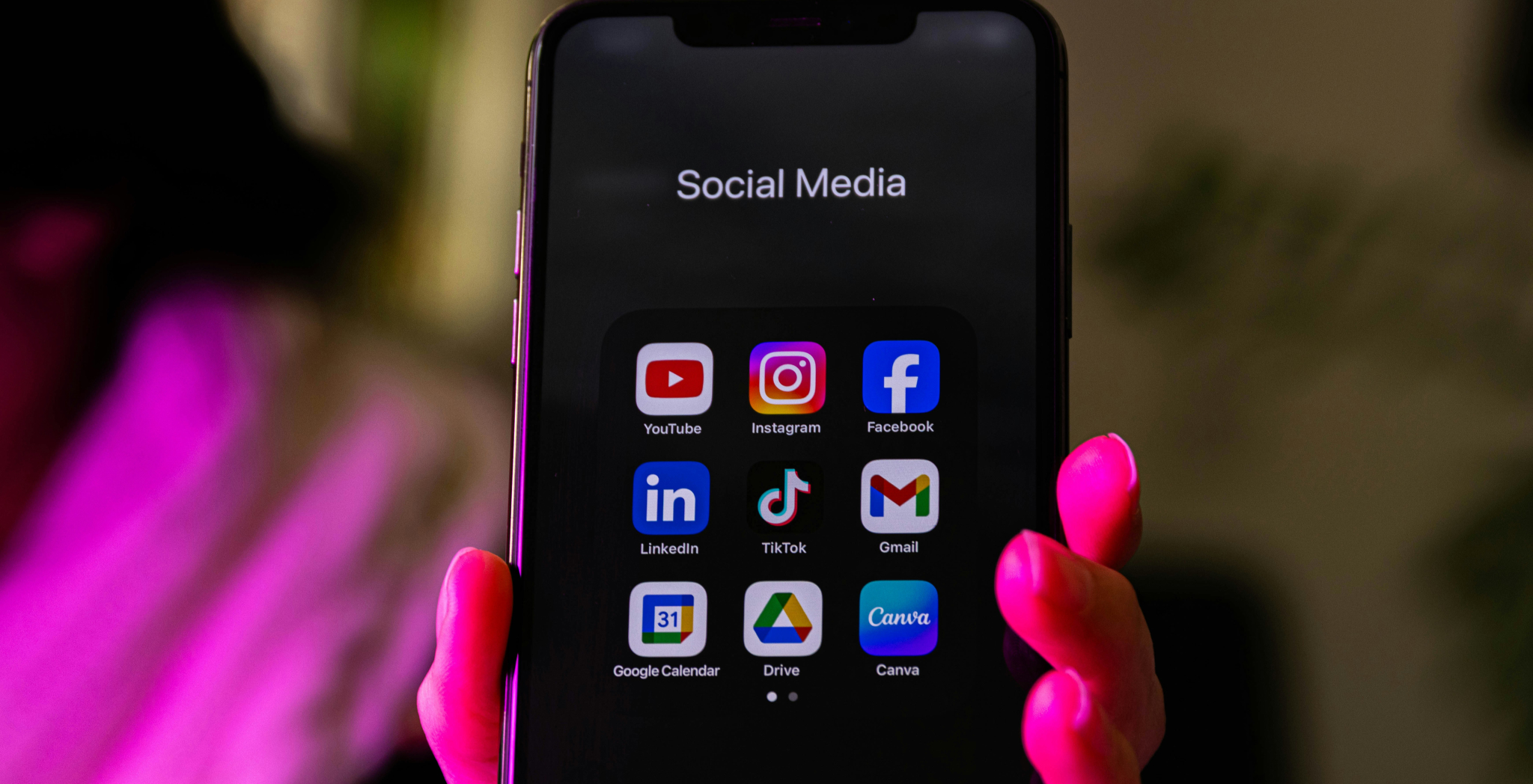
What comes to mind when you think of the affluent consumer? Money? Luxury brands? Social status? There are many definitions of the affluent consumer, but most define the mass affluent as having over $100,000 in household income and $250,000 or more in assets. According to GlobalWebIndex, they make up 16% of the global online population.
With higher income levels, strong decision-making ability, and a high social media presence, affluent consumers are an enticing target for brands across an array of sectors. However, brands that are focusing solely on the income level of the consumer are overlooking important personality traits that can be key in building relationships with the affluent.
Contrary to common belief, affluent consumers don’t always buy the most expensive product just to have the most expensive product. Sure, they value social status, but perhaps more important to them is the relationship they build with the brand. Does the brand align with their ambitions or goals? Does it make them feel like they are making an impact, whether in their community or in the world? Will it improve the way they are perceived by their peers? These are questions that brands should be evaluating when developing ways to target affluent consumers.
Here are six key traits to introduce you to affluent consumers and help you dive deeper into what makes them engage with brands.
1. Ambitious
Affluent consumers are highly ambitious, driven by their desire to succeed in their careers and in their personal lives. According to GlobalWebIndex, just over 90% are in full-time work, part-time work, or self-employed compared to 70% of internet users globally. These consumers see money as the best measure of success, and don’t necessarily want to spend this money on brands and products that won’t benefit them in their ambitions.
2. Status Driven
Affluent consumers place significant value on status and exclusivity. These consumers are willing to pay more for products that boost their status and image. They are likely to turn to premium brands, especially ones that they find identity in. Many are attracted to brands that emphasize the ways their product makes a difference. For example, a campaign that gives a product to the less fortunate for every product bought is enticing to affluent consumers. Not only do they get a product that enhances their social image, but it makes them feel like they are making a difference in the process.
3. Backers of Smart Technology
Affluent consumers are growing increasingly fond of smart technology, with most owning a smartwatch, smart phone, or smart home products. Having the latest technology is important to them, as it enhances their social image, but they remain active users of traditional media as well.
4. Cautious
Technology is central in the lives of affluent consumers. With this abundance of technology comes fear of being compromised. Affluent consumers favor online privacy and worry about how their personal data is being used by companies, causing them to use private browsing windows. They also take advantage of ad-blockers due to growing frustrations with the number of ads they are served on the internet and their corresponding irrelevance. With this in mind, brands should focus on building relationships with affluent consumers in a way that is not intrusive, and perhaps limiting the number of duplicate ads served to them.
5. Active Social Media Users
Affluent consumers spend most of their daily time on social media, so it makes sense that social media plays a key role in their purchase journey. It is important to recognize social media as a research tool for younger affluent consumers in emerging markets. These consumers are highly engaged with brands on Instagram, regularly commenting on brands’ posts and clicking on products tagged by a brand in a post. Facebook, YouTube and Pinterest are other top platforms as all these social media outlets give affluent consumers a way to showcase their lifestyles through visual content. Brands should keep in mind that these consumers want to buy products that will enhance the way that their lifestyles are viewed by their followers on social media.
6. Value Personal Relationships with Brands
Affluent consumers are highly brand oriented and tend to favor brands that they are directly involved with or have some sort of personal relationship with. Brands can appeal to this by letting consumers take part in some sort of membership with the brand that in return benefits the consumer. An example of this is sending discounts to high-paying consumers or those who buy products regularly. When affluent consumers feel appreciated and valued by the brand, they are likely to continue to go to that brand first for a product before exploring new outlets.
Here at The Brandon Agency, we specialize in targeting the affluent consumers and are constantly finding new ways to keep up with and understand their behavior. In a series of blog posts to come, we will dive deeper into each one of the above traits and further explore the attitudes and lifestyles of the affluent consumer. Contact us today if you need help reaching these consumers.
Haley Brandon
Accounts Payable
Haley is an Analytics and Data Specialist at TBA. Originally from Myrtle Beach, Haley got her Bachelor of Science in Financial Management from Clemson University. When Haley isn’t in the office, she enjoys long walks with her dog and being with friends and family.
By subscribing to our newsletter, you agree to our Privacy Policy.





